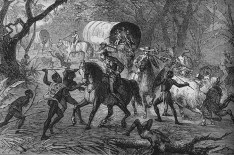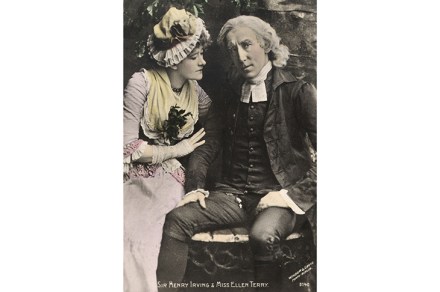Ann Patchett’s The Dutch House is even better on second reading
Having a saint in the family is dreadful, They’re often absent, either literally or emotionally, and because they’re always thinking of higher things they can’t be expected to do prosaic stuff like take the rubbish out or pay the gas bill. They tend not to enjoy jokes, much less teasing. Worse still, they’re convinced they’re right about everything. Street angel, house devil, as the old saying has it. Do-gooders crop up here and there in fiction, from Dickens’s bustling, bossy Mrs Jellyby in Bleak House through to the long- suffering Lady Marchmain in Brideshead Revisited to Ian Bedloe, the miserably stubborn hero of Anne Tyler’s brilliant Saint Maybe. Carol Shields’s

















